FOR IMMEDIATE RELEASE
Austin, TX – March 20, 2025 – Case Closed Software™, the industry leader in investigation management solutions, is proud to announce the release of CaseNexus™, a groundbreaking real-time case matching and intelligence-sharing platform designed exclusively for law enforcement and investigative agencies. CaseNexus leverages cutting-edge encryption, real-time notifications, and proprietary hashing technology to enable secure, cross-agency collaboration—without ever compromising sensitive case data.
“Law enforcement agencies face increasing pressure to solve cases quickly and work collaboratively across jurisdictions, but data security and operational integrity are often at odds with that goal,” said Douglas Wood, CEO of Case Closed Software. “We knew there had to be a better way to securely match and share intelligence in real time without exposing sensitive information—and that’s exactly what we’ve built with CaseNexus.”
Unmatched Security and Real-Time Intelligence
At the heart of CaseNexus is a proprietary hashing and encryption engine that allows agencies to store case data securely and match it against other agencies’ hashed data in real time. Unlike traditional data-sharing platforms, CaseNexus ensures that no raw data is ever exposed during the matching process, maintaining the highest levels of operational security.
Key Features of CaseNexus:
- Real-Time Matching: CaseNexus processes and compares hashed data instantly, ensuring that investigators are notified of potential matches without delay.
- End-to-End Encryption: All data is encrypted using AES-256, the highest industry standard for data protection.
- Proprietary Hashing Algorithm: Data is converted into secure hashes using a one-way, irreversible algorithm, ensuring that even matched data remains confidential.
- Instant Notifications: When a match is found, CaseNexus delivers real-time notifications to authorized personnel, enabling immediate action.
- Cross-Agency Collaboration: Agencies can securely compare and match case data across jurisdictions without exposing sensitive information.
- Zero-Knowledge Architecture: CaseNexus is designed so that even the platform itself cannot access or view the underlying data, preserving the integrity of investigative work.
Transforming Law Enforcement Investigations
CaseNexus is purpose-built for specialized law enforcement units and multi-jurisdictional task forces, including:
- High-Intensity Drug Trafficking Areas (HIDTAs): Facilitates secure, real-time tracking of drug networks and criminal activity across jurisdictions.
- Internet Crimes Against Children (ICAC) Task Forces: Enables faster identification of offenders and coordinated responses.
- Human Trafficking and Exploitation Units: Matches intelligence across local, state, and federal agencies without compromising data security.
- Counterterrorism and Organized Crime Units: Links seemingly unrelated cases and patterns to uncover larger networks and threats.
- Fusion Centers and Intelligence Units: Enhances real-time threat analysis and situational awareness.
- Cold Case and Homicide Units: Uncovers hidden connections between cases and previously unidentified suspects.
- Financial Crimes and Cybercrime Units: Detects patterns in fraudulent activity and cyberattacks across agencies.
- Weapons Trafficking and Firearms Task Forces: Matches ballistic data and gun trafficking networks securely and instantly.
Solving Cases Faster, Smarter, and Safer
“CaseNexus solves a problem that has plagued law enforcement for decades: the inability to securely and efficiently share intelligence across agencies without risking data exposure,” said Douglas Wood. “With CaseNexus, agencies can work together faster and smarter—without compromising security.”
About Case Closed Software
Case Closed Software is a leading provider of investigative case management solutions for law enforcement, federal agencies, and intelligence organizations. Known for its secure, scalable, and innovative platforms, Case Closed Software empowers investigative teams with the tools they need to solve cases efficiently while maintaining the highest levels of data protection and compliance.
Availability
CaseNexus is now available to qualified law enforcement and investigative agencies. For more information or to schedule a demo, visit https://www.caseclosedsoftware.com

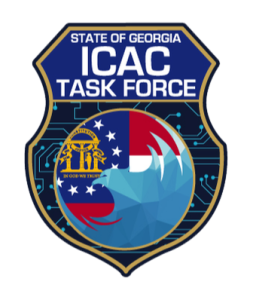 The Georgia ICAC Task Force, under the leadership of GBI Director Chris Hosey, is committed to protecting children from online predators. The adoption of Case Closed Software’s innovative solution will enable the task force to better triage CyberTips from NCMEC, determine any connections across disparate CyberTips, and assign the cases to appropriate investigators and affiliates for investigative management purposes.
The Georgia ICAC Task Force, under the leadership of GBI Director Chris Hosey, is committed to protecting children from online predators. The adoption of Case Closed Software’s innovative solution will enable the task force to better triage CyberTips from NCMEC, determine any connections across disparate CyberTips, and assign the cases to appropriate investigators and affiliates for investigative management purposes.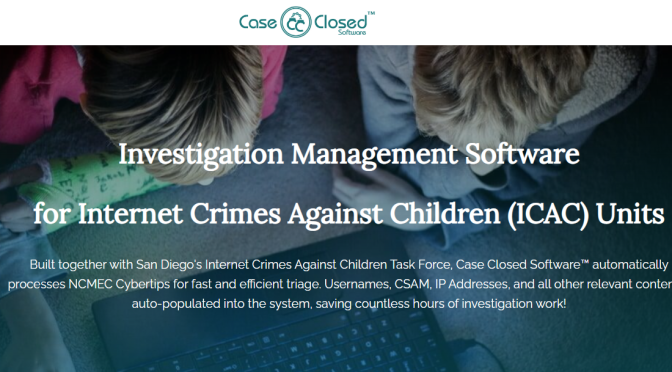
 [Frederick County, MD] — [October 19, 2023] — The Internet Crimes Against Children (ICAC) Task Force , housed within Frederick County Sheriff’s Office, announced today that it has deployed specialized
[Frederick County, MD] — [October 19, 2023] — The Internet Crimes Against Children (ICAC) Task Force , housed within Frederick County Sheriff’s Office, announced today that it has deployed specialized 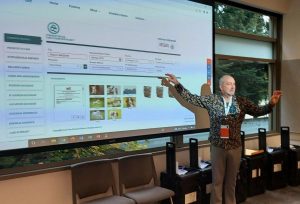
 CyberTips are produced through the NCMEC CyberTipline, the nation’s centralized reporting system for the online exploitation of children. When a tip is submitted to the CyberTipline, NCMEC staff review each tip and work to find a potential location for the incident reported. The CyberTip is then made available to the appropriate law enforcement agency for possible investigation. Without the software from Case Closed Software, the process of managing and triaging these CyberTips is typically slow and costly.
CyberTips are produced through the NCMEC CyberTipline, the nation’s centralized reporting system for the online exploitation of children. When a tip is submitted to the CyberTipline, NCMEC staff review each tip and work to find a potential location for the incident reported. The CyberTip is then made available to the appropriate law enforcement agency for possible investigation. Without the software from Case Closed Software, the process of managing and triaging these CyberTips is typically slow and costly. “We are thrilled to be sponsoring the 2023 NW Regional ICAC Conference,” said Douglas Wood, CEO of Case Closed Software. “This conference plays a crucial role in fostering collaboration and knowledge sharing among professionals working to protect children from online exploitation.”
“We are thrilled to be sponsoring the 2023 NW Regional ICAC Conference,” said Douglas Wood, CEO of Case Closed Software. “This conference plays a crucial role in fostering collaboration and knowledge sharing among professionals working to protect children from online exploitation.”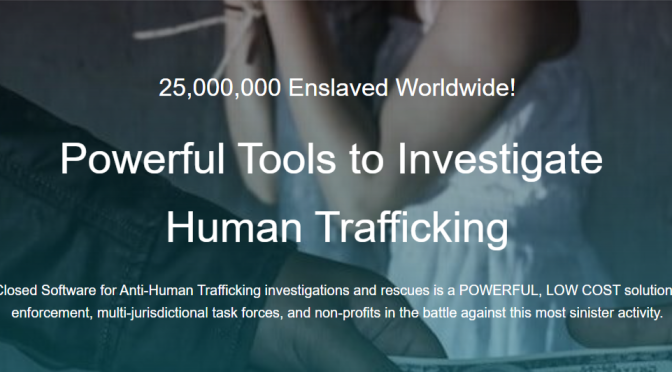

 According to NCMEC’s website, “Concerned individuals and organizations make reports of suspected online enticement of children for sexual acts, child sexual molestation, child sexual abuse material, child sex tourism, child sex trafficking, and unsolicited obscene materials sent to a child.
According to NCMEC’s website, “Concerned individuals and organizations make reports of suspected online enticement of children for sexual acts, child sexual molestation, child sexual abuse material, child sex tourism, child sex trafficking, and unsolicited obscene materials sent to a child.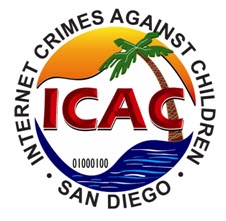
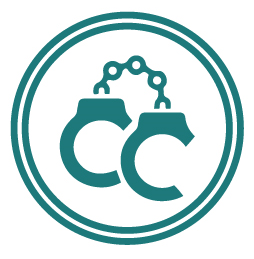
 According to Case Closed Software, conference attendees will be able to see the ICAC task force software in action at the Exhibitor’s Hall. CCAC is presented annually by the Dallas Children’s Advocacy Center and provides training to agencies in the fields of law enforcement, social work, child protective services, child advocacy, therapy, and medicine who work directly with child victims of crime.
According to Case Closed Software, conference attendees will be able to see the ICAC task force software in action at the Exhibitor’s Hall. CCAC is presented annually by the Dallas Children’s Advocacy Center and provides training to agencies in the fields of law enforcement, social work, child protective services, child advocacy, therapy, and medicine who work directly with child victims of crime.